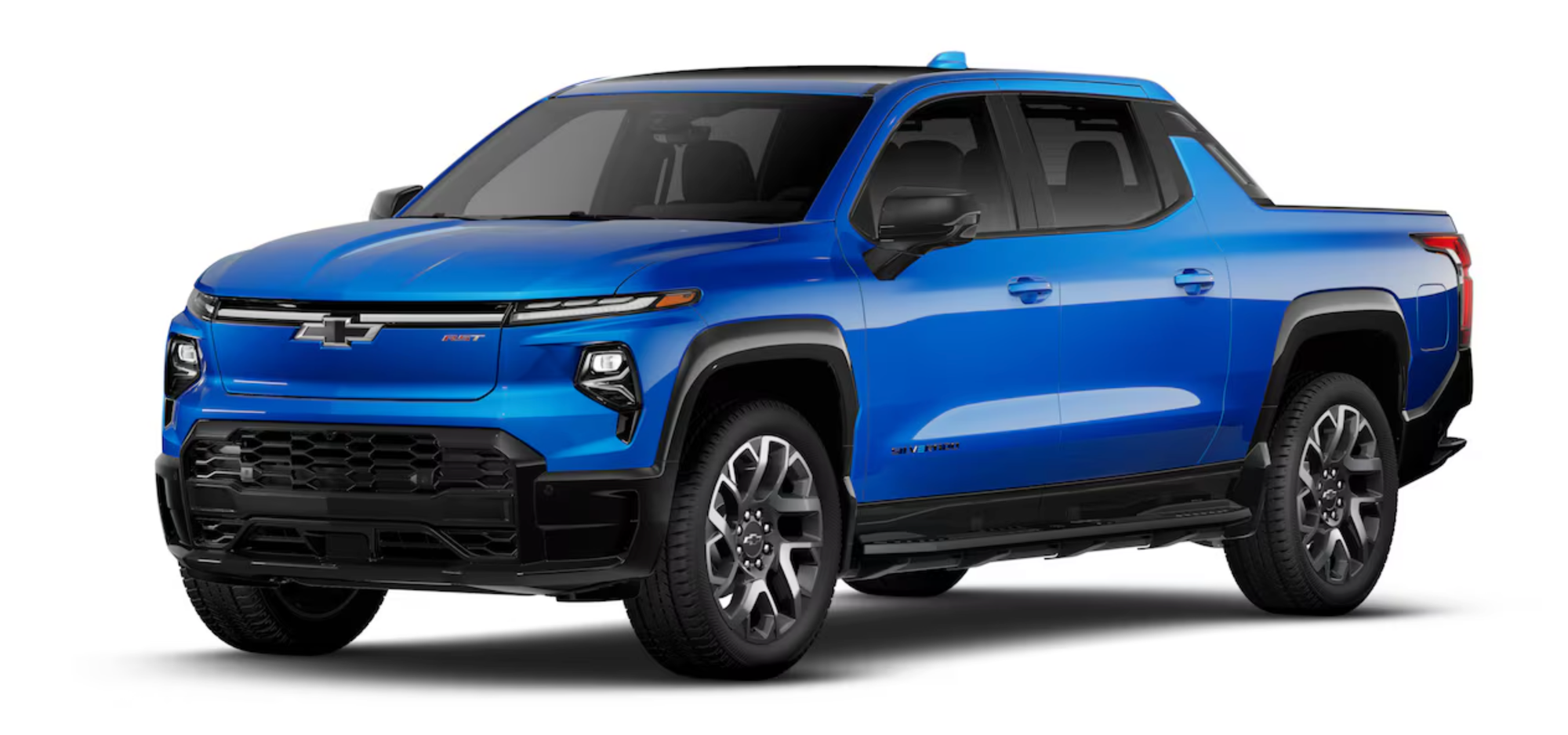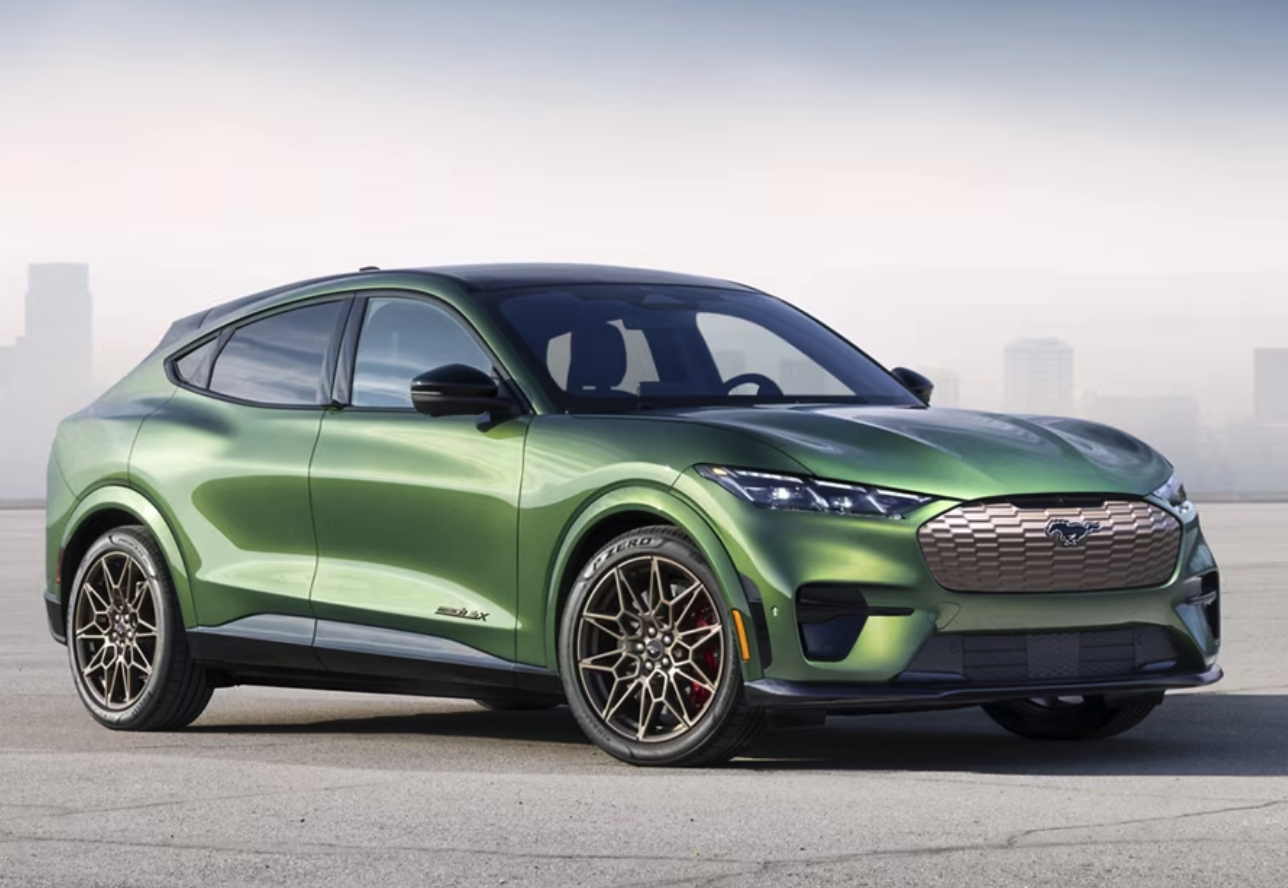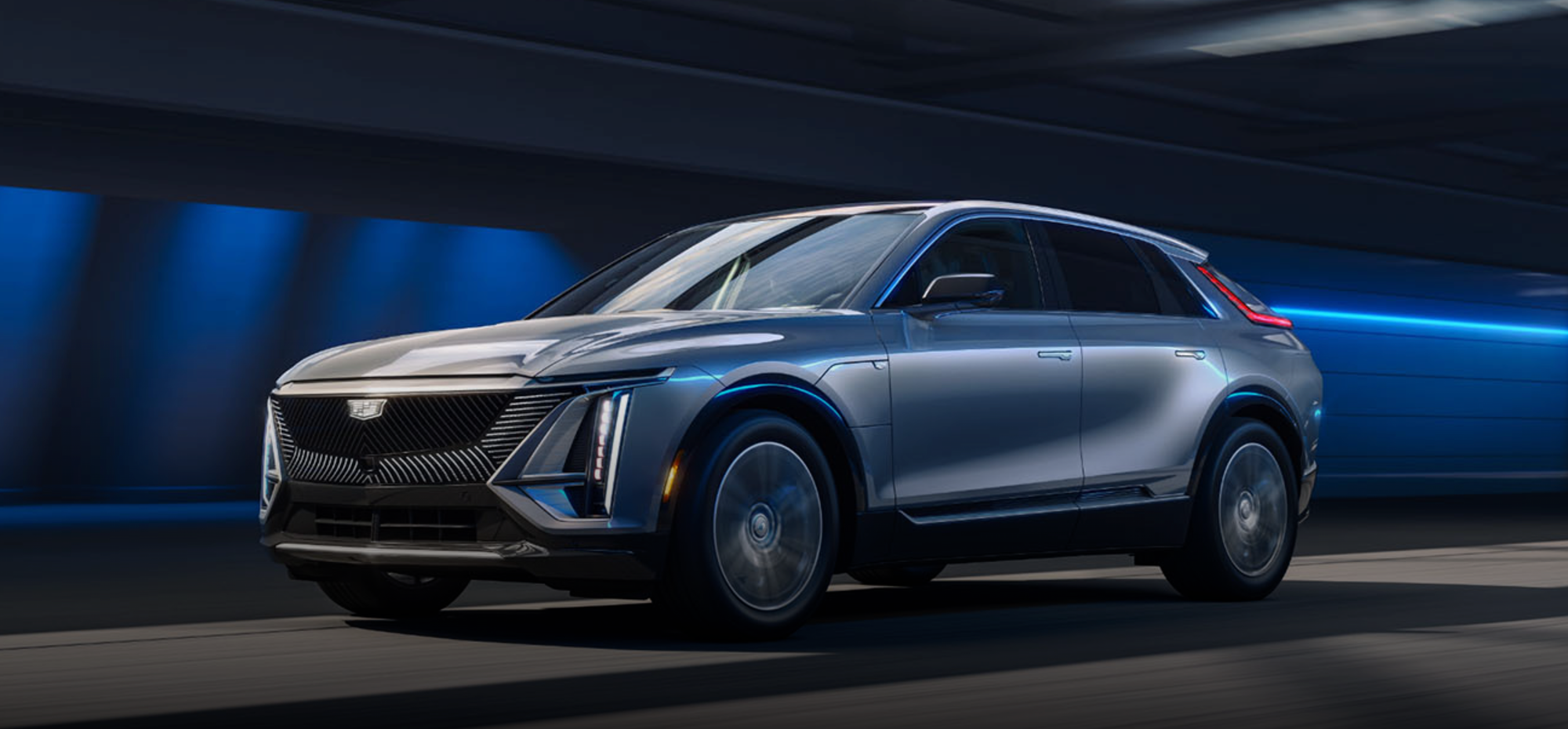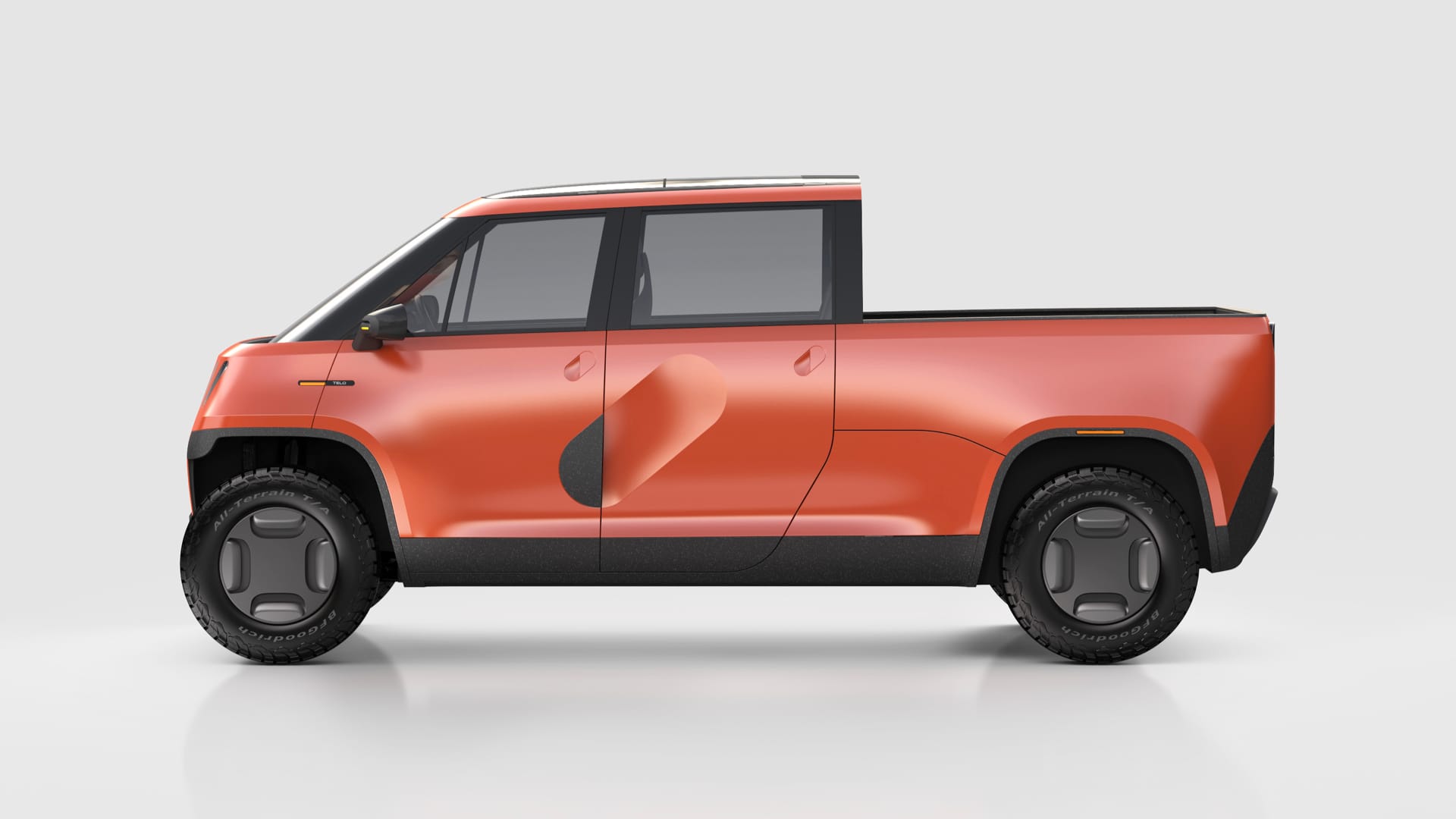"Your next drive" is a series introducing upcoming electric vehicles. From sedans and hatchbacks to SUVs, pickups, and vehicles that don't fit well into any existing category, a surprising number of genuinely ground-breaking products are heading for market from both startups and existing manufacturers. This article is not sponsored or paid for by any brand, company, or individual. All opinions expressed are our own, and we have not received any compensation for this content.
This week, "Your next ride" isn't looking at a specific vehicle.
It's never the best sign when a series departs from its announced intention on only its second installment. However, with the election results now known, it seems critical to review the overall state of the electric vehicle industry and how Donald Trump's return to the White House will likely affect both manufacturers and consumers.

Trump has been extremely outspoken in his hatred for electric vehicles for years. He's claimed that they are all manufactured in China, that they need to be recharged every 15 minutes, and that they are dangerous (the whole "shark vs. battery" thing in Trump's rally speeches started as a rant about electric vehicles before it disintegrated into a dyspeptic spew). However, since Elon Musk became the primary funder of Trump's 2024 campaign, Trump has declared that he has "no choice" but to say nice things about electric vehicles.
How will this translate into policies? We don't know.
Trump has talked about imposing a 100% tariff on Chinese vehicles, but there are already 100% tariffs on these vehicles–which is exactly why you don't see cheap Chinese-made vehicles, like those threatening to swap the European market, on American roads today. Several Chinese manufacturers have been planning to open factories in Mexico to get around the tariffs, but Trump has already said he would block that move—a sure sign of Musk stepping in to protect Tesla.
Trump also plans to impose additional tariffs on vehicles coming from Europe in addition to his general plan for tariffs on everything the U.S. imports. So prices on EVs from Porshe, Volvo, BMW, Fiat, Polestar, and others are likely to go up. In many cases, manufacturers will simply opt not to make their vehicles available in the U.S. market.
Right now, consumers in other countries have a much greater variety of choices when it comes to electric vehicles. This will get far worse under Trump.
But that's not the policy that will affect most people. There's another move coming that means that, if you want an eclectic vehicle and you are planning to make that purchase in the next year or two, it could be time to accelerate that purchase. As in buy it now.
The reason is simple: That $7,500 incentive you can collect to buy American-manufactured EVs is almost certain to die. Soon.
When President Joe Biden signed the Inflation Reduction Act, it included funds to give consumers an incentive to purchase EVs. In 2023, that meant you could get up to $7,500 extra tucked into your tax refunds (I collected this for buying a spiffy little Chevrolet Bolt EUV, making the net price of the vehicle well below $20,000).
This year, you don't even have to wait for your taxes. If you qualify, that $7,500 comes right off the price of qualifying vehicles. So you can walk into a dealer (or order online) and take that money off the top. There are also qualifying used electric vehicles that get an incentive of up to $4,000. However, that only applies to vehicles selling for under $25,000, so don't expect to collect this break on that lightly used Lucid Air Saphire you've been eyeing.

Trump continues to declare that these incentives are dead, dead, dead the moment he walks through the door. Not only has he announced his intention to kill the consumer tax credit "day one," he intends to halt all funding set aside for manufacturers of batteries and vehicles, as well as lithium mining within the United States. The money for consumer and manufacturer incentives has already been set aside, but he's going to refuse to spend it.
Why? This was Biden's idea. That seems to be enough for Trump.
Maybe it won't happen. Maybe Musk will convince Trump that leaving the incentives in place would be a good payback for his services in buying the White House. But there is a very good chance that if you wait until next year, your electric vehicle will cost you at least $7,500 more in 2025. Courtesy of Donald Trump.
The second big change on the way is likely to be a targeting of California’s higher emissions standards. The right for California to enact higher standards is baked into the Clean Air Act, and 17 other states currently follow the California standards. The last time he was in office, Trump sued to end this right and kill changes that had been made to EPA standards under President Barack Obama. While that previous effort largely disintegrated into a slew of lawsuits, this time around Trump is likely to employ his court-sanctioned omnipotence and simply declare the standard dead. Project 2025 also calls for an end to EV incentives and for relaxing rules on fossil fuel vehicles.
This will have the effect of encouraging U.S. manufacturers to hold off on putting out new EVs or putting effort into improving gas and diesel vehicles. It's also likely to cool investments in battery plants and new factories. Instead, the incentive will be there to skimp on efficiency and innovation to maximize profit.
Trump's changes would, in essence, drop a big dome over the United States, protecting manufacturers from trends and advances taking place in other markets and encouraging them to keep producing vehicles that suck down dead dinos while falling further and further behind the rest of the planet. (Unfortunately, that dome will not stop U.S. pollution from escaping. Sorry, world.)
Trump's return to power is also likely to have a dampening effect on EV startups, who may find it more difficult to raise money and find customers.
At this moment, there's a window of just over two months to grab an electric vehicle before the current credits are replaced by whatever scheme Trump and Musk concoct. That doesn't mean you should run screaming to your local dealer and slam down cash for a vehicle you can't afford, don't need, or don't want. But if you were already shopping for one of these cars or trucks, this is some encouragement to do it quickly.
Based on the current information from the Office of Energy Efficiency and Renewable Energy, here are the models you can currently purchase while collecting a $7,500 federal tax credit. Keep in mind that not all vehicles will qualify, as it's easy to spec some of these right out of the qualifying price range if you start adding performance packages or luxury interiors. Also, the tax credit is based on when you take ownership of the vehicle, so if you're custom ordering something that might not come in before Jan 20, 2025 ... you are taking your chances.
- Acura ZDX
- Cadillac Lyriq
- Chevrolet Blazer EV
- Chevrolet Equinox EV
- Chevrolet Silverado EV
- Ford F-150 Lightning
- Honda Prologue
- Tesla Model 3
- Tesla Model Y
- Tesla Model S
- Tesla Model X
- Volkswagen ID.4
If you can still find a Chevy Bolt hanging around a dealer parking lot in some dusty back corner of America, it also qualifies.
In addition, $3,750 credits are available on vehicles that partially meet the requirements (including the Rivian vehicles and the Nissan Leaf) along with several plug-in hybrid vehicles.

One vehicle you might notice missing from this list is Ford's Mustang Mach-E. It does not qualify for incentives because too much of the vehicle is sourced outside the U.S. That includes a battery that is manufactured in China. The cheapest version of Tesla's CyberTruck looks as if it should qualify, but it doesn't for reasons that are currently unclear.
Despite incentives, Ford has been somewhat lackluster in its commitment to producing electric vehicles. In 2023, it postponed the development of a battery plant in Kentucky and put $12 billion in investments that were intended to retool the company for additional electric models on ice.
On the other hand, GM has been very EV-forward. It currently offers four EV models and has four more coming up in the next few months. GM has developed the "Ultium" platform that is now being used by other EV manufacturers and is being aggressive in moving toward more EVs in the near future.
Both Ford and GM seem to be seeing a boost in EV sales since Musk threw in his hat with Trump.

If you're determined to have an EV that's yet to make it onto the market, hang in there. But don't be surprised if the incentives are gone by the time it arrives.













Comments
We want Uncharted Blue to be a welcoming and progressive space.
Before commenting, make sure you've read our Community Guidelines.